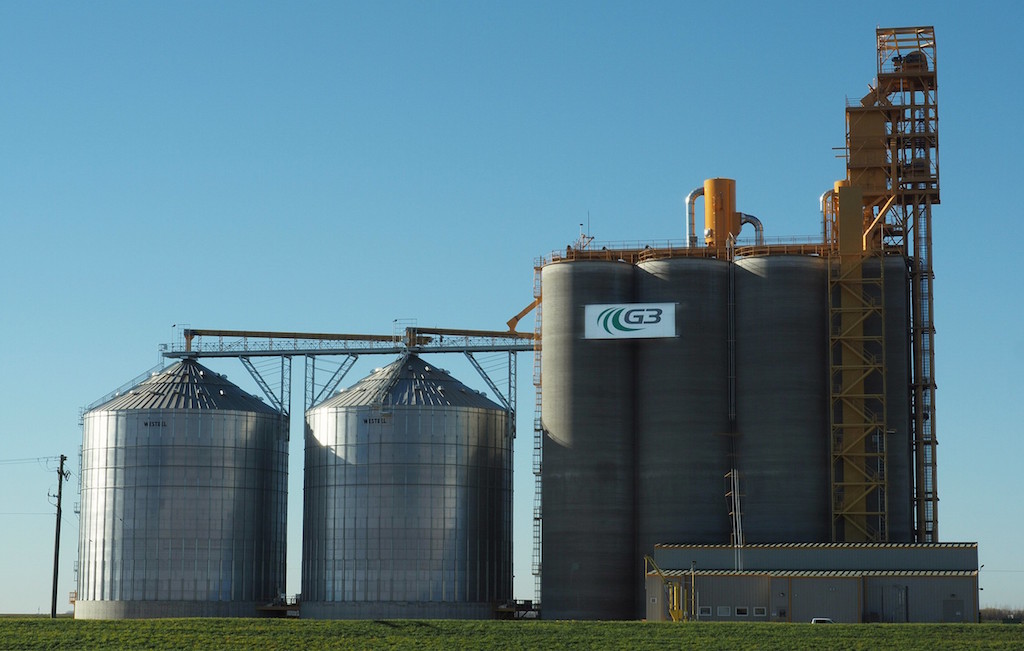The Kenney government has quietly moved to ensure that Alberta’s friends and business partners in the government of Saudi Arabia are free from the complications of inconvenient foreign land ownership rules.
Now, many readers are doubtless thinking, “Say what?” After all, isn’t the Kingdom of Saudi Arabia the land of “dictator oil,” regularly reviled by United Conservative Party politicians, up to and frequently including Premier Jason Kenney, for, among other sins, trying to shut down our oilsands?
Indeed, on April 1, 2020, alert readers will recall, Premier Kenney rebuked the Saudis. “Our message to Russia, Saudi Arabia, the OPEC dictatorships, and the foreign special interests who have campaigned for years to try and shut down Canadian energy,” he tweeted forcefully, “You will not succeed.”
In the video linked to his tweet, Kenney’s message “to the Russians, the Saudis, the special interests who have spent hundreds of millions of dollars campaigning against the responsible development of Canadian energy” was that “we will not allow the world’s worst regimes to have a monopoly on global energy markets.”
Well, perhaps that was just an April Fool joke.
No, seriously, this isn’t about dictator oil at all. It’s only about dictator grain, in a manner of speaking, which is obviously a different matter entirely.
It’s telling, though, that there was no glowing press release announcing the jobs that will doubtless be created because G3 Canada Ltd. and its affiliates aren’t going to need to worry about the operation of the province’s Foreign Ownership Land Regulations getting in the way of their plan to build and operate a grain elevator in northwest Alberta.
Instead, the announcement, required by law, was discreetly made in the opaque language of parliamentary insiders, by way of an order in council, which is more plainly described as a cabinet order. Order in Council No. 145/2021, brought forward by Service Alberta Minister Nate Glubish, sets out the plan to make Alberta safe for the government of Saudi Arabia in just 64 words.
Thanks to the schemes of Stephen Harper, back when he was the Conservative prime minister of Canada in 2015, most of the assets of the Canadian Wheat Board were sold off for a song to G3, which is now almost entirely owned by the government of Saudi Arabia.
G3 has plans to build a primary elevator at Rycroft, about 70 kilometres north of Grande Prairie, along the CN line that connects directly to Prince Rupert, which in turn is closer to the markets in Asia that want Canadian grain even if they’re not particularly interested in Alberta bitumen.
Say what you will about the Saudis, they understand the importance of controlling the flow of grain, and they were happy to take advantage of the fact that for ideological reasons Harper and his agriculture minister Gerry Ritz were determined to take the power of the Wheat Board away from Canadian farmers during the Conservatives’ last hours in power.
The deal was completed in 43 business days. There were no public hearings and there was no scrutiny by the House of Commons Standing Committee of Agriculture. Three days after the sell-off, Harper called the election that brought Prime Minister Justin Trudeau’s Liberals to power.
By dismantling the Canadian Wheat Board — a democratically run organization that sold grain around the world on behalf of Western Canadian grain farmers — Harper ensured Western wheat and barley farmers lost their direct access to the international grain market. Now they must deal with multinational corporations like G3 and U.S.-based Cargill Inc., which have enormous speculative power.
Some Canadian grain farmers, it must be conceded, were naively delighted to go along with Harper’s scheme in 2015. They may be less pleased about it in 2021, now that they see how life without the Wheat Board is working out.
With the demise of the Wheat Board, the days when they benefitted from the fact their grain was sold abroad in U.S. dollars are over. That currency differential now pads corporate bottom lines instead.
A class-action lawsuit against the Canadian government by farmers seeking repatriation of $150 million in Wheat Board assets continues in Manitoba. The farmers’ group alleges the assets were unlawfully diverted from pool accounts by the Harper-government-appointed board of directors to make the sale more attractive to potential buyers.
The farmers’ group is also seeking punitive damages of $10 million. With interest, the total award sought would be about $190 million if the suit were successful.
Meanwhile, back here in Alberta, last we heard the Kenney government was also pursuing a petrochemical deal with a state-owned Saudi company. But no one ever said you have to be consistent to succeed in Prairie politics.
David Climenhaga, author of the Alberta Diary blog, is a journalist, author, journalism teacher, poet and trade union communicator who has worked in senior writing and editing positions at The Globe and Mail and the Calgary Herald.
Image credit: Dave Shaver/Flickr



